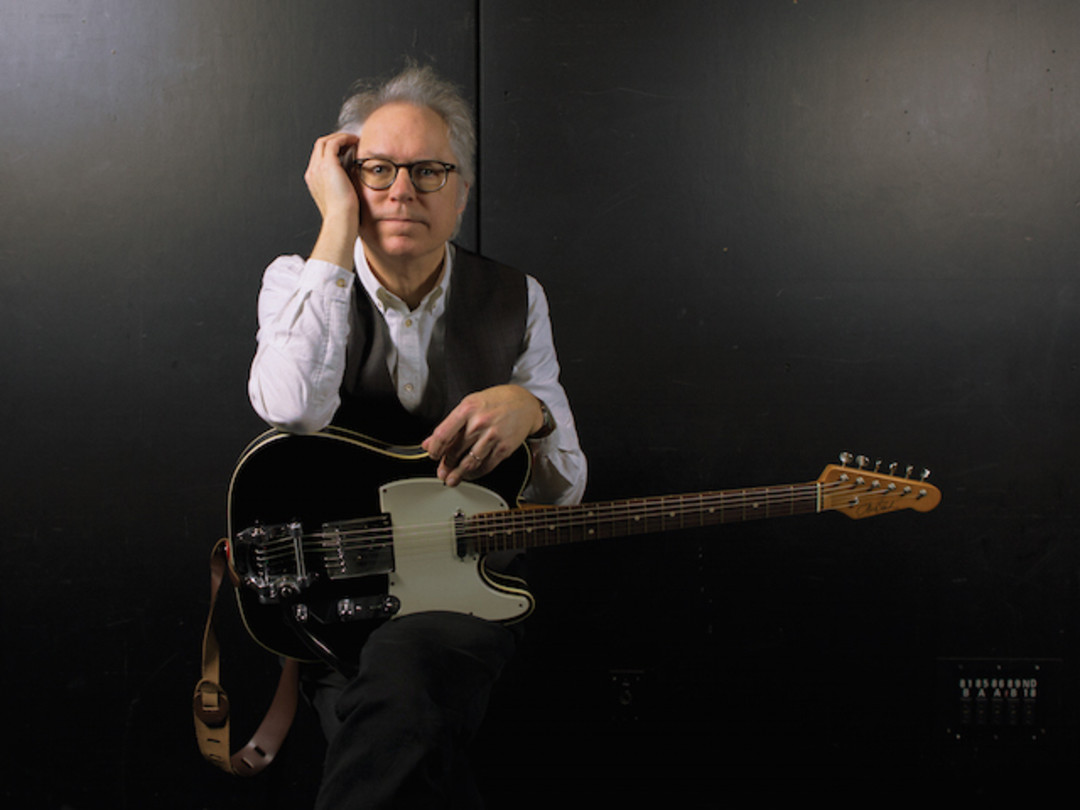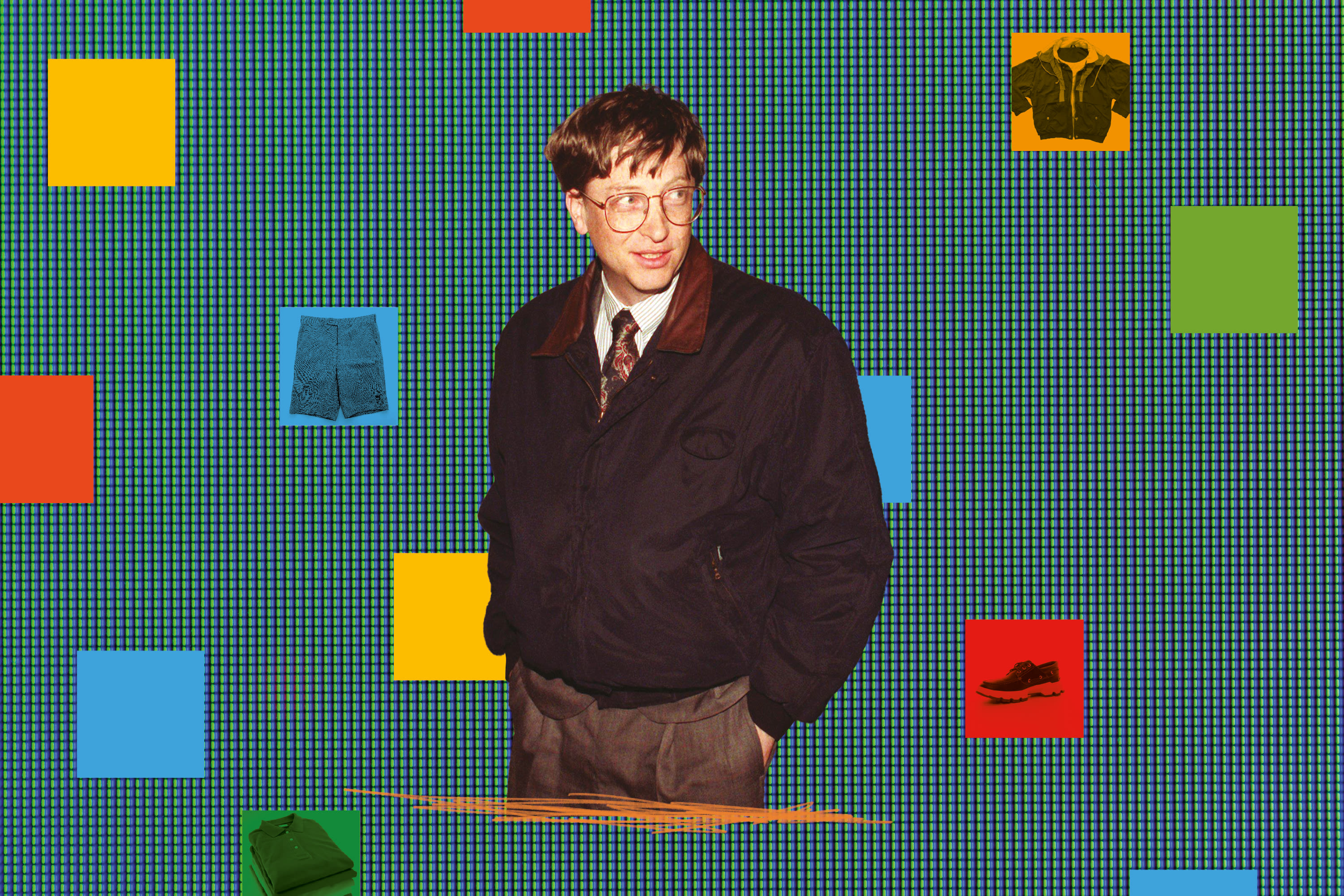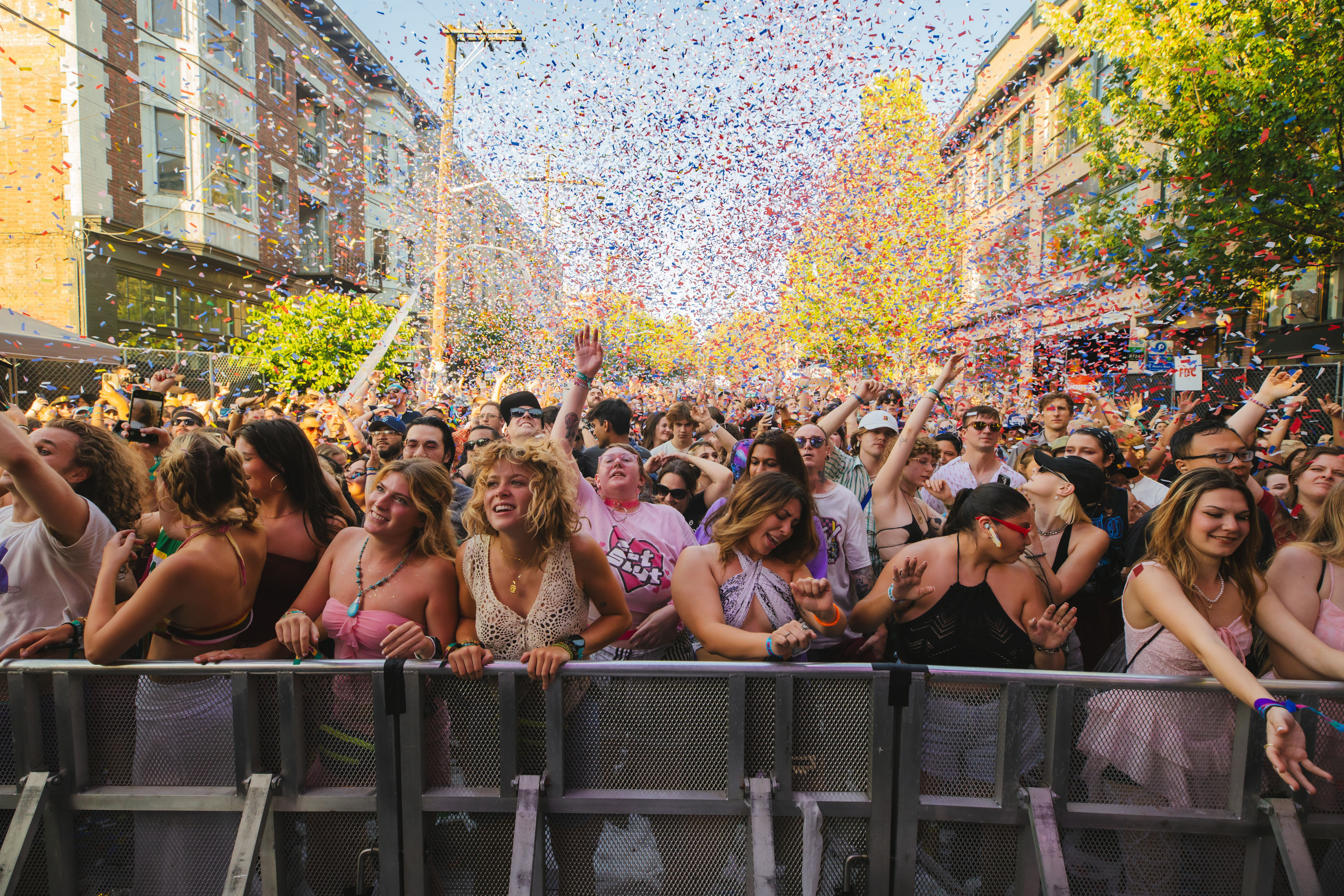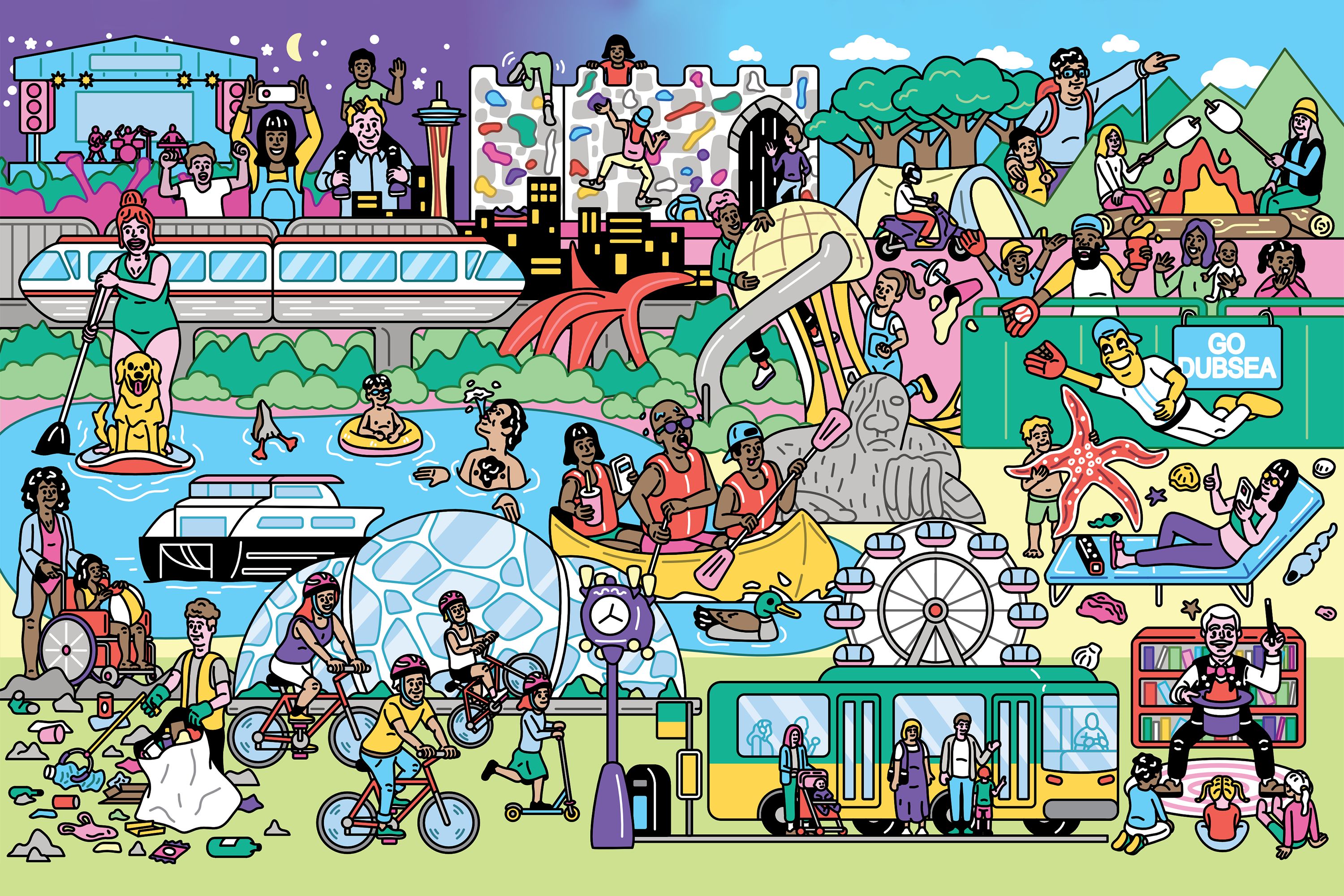A Fiendish Conversation with Bill Frisell

Bill Frisell and the only tool he needs.
Image: Photo Courtesy Paul Moore
Guitar virtuosity isn't about speed; it's about feel. Few can match the way Bill Frisell makes each of the six strings sing with masterful precision. While the Seattle resident is known as one of the best jazz guitarists on the planet, Frisell's playing really transcends simple genre classification. For his latest album, Guitar in the Space Age!, he takes a look back at the formative surf and rock music that he grew up playing—including classics like "Pipeline," the Byrds via Pete Seeger's "Turn! Turn! Turn!," and "Tired of Waiting for You" by the Kinks—and reimagines them with his in his own expressive instrumental arrangements. Frisell returns home to play tunes from Guitar in the Space Age! at the Showbox on Saturday, January 31.
For our latest Fiendish Conversation, we chatted with Frisell about his musical awakening in the 1960s, the touring travel gauntlet, and the forest of musical exploration.
What made you want to revisit the music that you grew up with for Guitar in the Space Age!?
Things’ll pop into my mind. Maybe some song’ll turn up in my mind that I haven’t thought of in a long time and just realize that it’s really strong in my memory, but something that I don’t really know well or I haven’t really played, and it just gets me going, wanting to try to figure out what it was.
I think the real eureka moment was a few years ago. I did this record of all John Lennon and Beatles music (All We Are Saying…), and that was where I realized “Wow, there’s all this music that I sort of played or definitely heard—music that I’ve been hearing my whole life—that’s super important to me, but I just haven’t spent time physically playing it on the instrument.” When I did the Lennon thing I kept uncovering more and more stuff in the tunes that I didn’t even realize. As you get deeper into it and keep playing it more and more, it keeps opening up. I just learned so much. And then somewhere around there I started thinking, “Oh man, there’s all this other stuff.”
So it’s like some kind of a research project. People talk about nostalgia and everything; that’s a part of it. But it’s more about trying to firm up the foundation of where I came from in the beginning.
When going back to these songs, was there anything that you kind of rediscovered about your own playing? Anything that might have been subconsciously buried back there the whole time?
Yeah, the whole thing. It’s sort of shocking how some of it’s really hard to play, like some of the surf music and stuff. I realize it’s not really in my motor skills. (Laughs) I didn’t spend years and years doing it. It’s really weird when I think how fast (things went) during that time when I first wanted to play music. When I first was getting super fired-up about the guitar, in the early ‘60s, there was such a short period of time from hearing The Beatles on The Ed Sullivan Show until I was hearing Wes Montgomery and Miles Davis. We’re talking about like a three year period.
It’s impossible. I mean, I know you learn faster when you’re young and stuff but there’s no way back then that I was really absorbing everything the way I would like to. It was all this stuff just coming at me… you hear one thing and then you hear another thing and you get super excited about that and you move on to that. Just the amount of music that was happening from the early ‘60s to the late ‘60s is mind-blowing. Things were changing so fast and I was changing so fast.
I just wanted to go and look at it all again. I’ve been playing for more than 50 years now, and so it’s kind of an amazing position to use whatever I’ve experienced during all that time, and then just play one of those (Guitar in the Space Age!) songs. Crazy stuff happens.
Do you have any preshow routines?
Not really. Just try to get there in one piece. The travel thing. Sometimes I can’t even believe it. We did this tour in Europe last fall and I think there were 29 airplanes in like 21 days. I mean, we just weren’t sleeping. There were a couple times when I thought, “There’s no way…” Like, right before we played, I could hardly stand up, like really, really just absolutely obliterated, wasted. And then we start playing and it’s like, “Oh my god!” all that stuff just melts away. Once you can get there and start playing, it’s like a miracle or something.
How has Seattle influenced your music?
When I moved to Seattle in 1989, I had been in New York for 10 years and I really wasn’t looking for another scene to be part of. I was looking for somewhere where I could be with my own thoughts for a minute, you know? Where I could let things settle somehow, and it just seemed like the right place for that. I mean, there’s amazing musicians in Seattle, and it’s an inspiring place and everything, but I didn’t come here like, “Wow, I wanna go there because I wanna play with Nirvana,” or something. (Laughs) It seemed like everything had been coming at me; like, a lot of information had been coming in, and I think it really helped me to see what I wanted to do more clearly and find my own place. Seattle’s a place where you can invent your own way; to try to think and not just follow along with whatever the iTunes or i-this or i-that is telling you to do.
Is there any area of music that you want to explore next?
That’s something I’ve never even tried to figure out. I don’t have any plan, really. I just love music music. You just play one note and then it leads you to the next note, or you play one song and then it suggests another song. Just constantly. It’s totally haphazard, but somehow it all just flows. It’s like a giant forest, you’re just climbing around these branches all the time.
Bill Frisell
Jan 31 at 9, The Showbox, $25–$30




